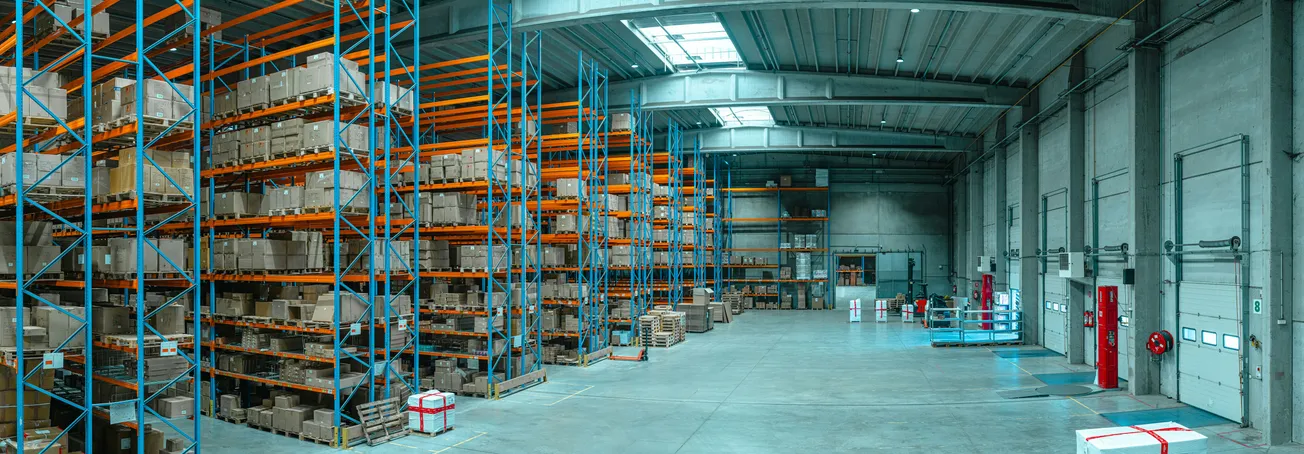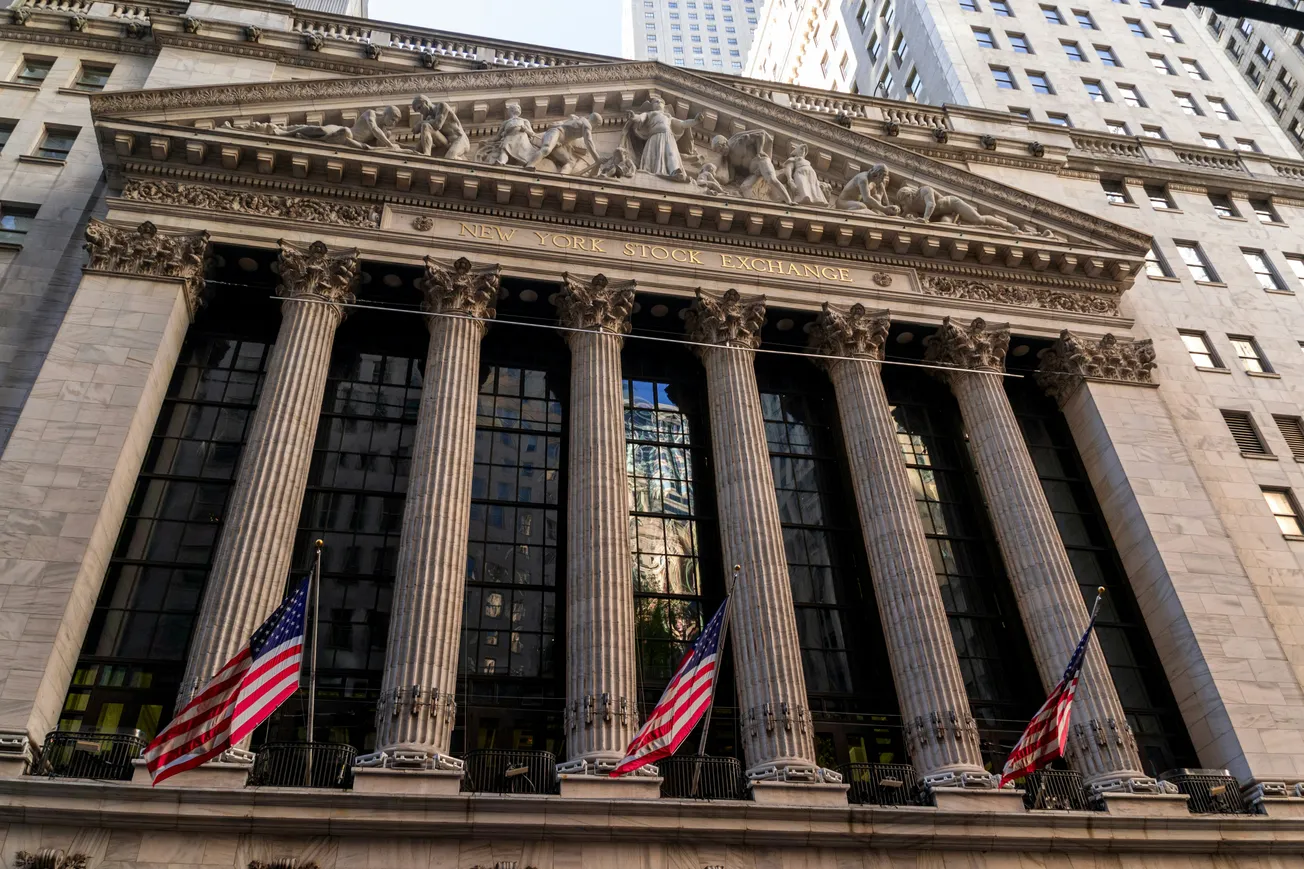Retailers are increasingly adopting hyperlocal logistics as a strategy to improve delivery time, performance, and cost efficiency. In an era where customers seek convenience and quick access to products, hyperlocal logistics focuses on reducing delivery times by locating smaller fulfillment centers closer to customers. These hyperlocal nano fulfillment centers (NFCs) replace large warehouses on the outskirts of cities. By leveraging automation and advanced technologies, NFCs can operate autonomously or semi-autonomously, handling tasks like inventory management, order preparation, and packaging. This automation eliminates the need for a large workforce, resulting in significant cost savings for retailers. Hyperlocal logistics also supports omnichannel strategies by improving inventory management and item accessibility, allowing retailers to offer a seamless transition between different channels for customers. By adopting hyperlocal logistics, retailers can enhance customer satisfaction, foster brand loyalty, and adapt to an ever-changing retail landscape while reducing costs and maintaining a competitive edge.

Retailers Embrace Hyperlocal Logistics for Faster Deliveries and Cost Savings
Revolutionizing fulfillment centers and automating inventory management for enhanced performance and customer satisfaction
Latest

Washington High Court Lets Amazon Suicide Suits Proceed
Washington’s Supreme Court ruled that families can sue Amazon over deaths linked to sodium nitrite bought on its platform, a decision that could reshape online marketplace liability.

Retail’s Unexpected Comebacks in the Omnichannel Era
Legacy retail brands are finding renewed growth through direct-to-consumer strategies, social commerce and AI-driven merchandising in today’s omnichannel marketplace.

U.S. Stock Futures Muted Ahead of Key Data
U.S. stock index futures held steady as investors anticipated major economic releases, including fourth-quarter GDP and inflation figures that could influence the Federal Reserve’s policy path.

Walgreens Lays Off Hundreds After Sycamore Acquisition
Walgreens cuts at least 628 positions following its private equity buyout by Sycamore Partners as the company reorganizes operations under new ownership.



